Retro Replay Review
Gameplay
K2 builds upon its abstract predecessor with an addictive, mouse-driven combat system that rewards both precision and creativity. Players pilot a nimble craft through the void of space, relying entirely on mouse input: left-click to fire your basic, energy-consuming lasers; right-click to unleash a turbo boost; and a smooth circling gesture to lock on rockets. This intuitive control scheme feels natural almost instantly, allowing newcomers and veterans alike to dive straight into the action without wading through complicated button mappings.
(HEY YOU!! We hope you enjoy! We try not to run ads. So basically, this is a very expensive hobby running this site. Please consider joining us for updates, forums, and more. Network w/ us to make some cash or friends while retro gaming, and you can win some free retro games for posting. Okay, carry on 👍)
One of K2’s standout features is the dynamic interaction between laser fire and rocket lock-ons. While lasers alone do minimal damage, they quickly deplete your energy reserves. To maximize destruction, you must trace a green targeting circle around an enemy until it turns red, launching a high-impact rocket. In a satisfying twist, if you manage to destroy the enemy with your lasers before the rocket arrives, the munition splits into multiple warheads, homing in on other foes for dazzling “firework” chain reactions.
Waves of enemies arrive on a timed schedule, gently increasing in difficulty. A discreet timer ticks down to each new wave, giving you breathing room to recharge and reposition. Meanwhile, floating directional indicators subtly point to incoming threats, ensuring you’re never caught off guard in the vacuum of space. These UI touches keep the flow brisk and intuitive, avoiding the disorientation that can hamper other shooters.
Graphics
Visually, K2 delivers a kaleidoscope of neon hues set against the inky backdrop of space. The developers have embraced a vibrant, almost retro-futuristic art style: shimmering particle effects litter each laser beam, while rocket explosions bloom in a rainbow of cascading sparks. The contrast between the dark void and vivid enemy designs makes it easy to follow the action, even during the most chaotic firefights.
Enemy craft come in a variety of sleek shapes and bright color palettes, ensuring you can instantly identify friend from foe. When you achieve those rocket chain reactions, the screen erupts in a symphony of color, light, and motion—an audiovisual spectacle that feels rewarding every single time. Even after dozens of play sessions, watching one well-timed rocket spiral into two, then four, never gets old.
Performance remains rock-solid, with smooth frame rates even when the screen is packed with special effects. Subtle motion blur and post-processing filters heighten the sense of speed without ever compromising clarity. Whether you’re darting through an asteroid field or skirting the edge of a destroyed mothership, the visuals consistently enhance immersion rather than distract.
Story
While K2 prioritizes gameplay over narrative, it does provide enough context to keep players engaged. Set a generation after the unfinished events of K, this sequel finds humanity on the brink of extinction at the hands of an enigmatic alien swarm. Pilots are conscripted to defend the final space colonies, and you command one of the last operational craft designed for raw maneuverability.
The storyline unfolds through brief intermission screens between waves, sharing cryptic logs from research teams studying the swarm’s origins. These snippets hint at a deeper conspiracy: perhaps the alien threat is connected to the same cosmic anomaly that derailed K’s prototype development. Although the narrative remains intentionally vague, it provides just enough intrigue to drive you forward, especially as enemy designs grow more menacing.
There’s a satisfying sense of progression as you unlock minor lore reveals and encounter ever-more formidable boss-like waves. These encounters feel like pivotal moments in the campaign, underscoring the game’s minimalistic but effective storytelling approach. If you crave a richly detailed plot, K2 might feel light—but its lean narrative perfectly complements the frenetic shoot-’em-up gameplay.
Overall Experience
K2 is a masterclass in focused design, blending simple controls with complex, emergent gameplay scenarios. The seamless integration of beam weapons and lock-on rockets creates a satisfying risk-and-reward loop: do you spend precious energy finishing off a lone fighter with lasers, or bank on a bigger payoff with a rocket chain reaction? These split-second decisions keep every wave fresh and engaging.
The audiovisual presentation is equally impressive, providing a feast for both eyes and ears. The soundtrack pulses with electronic beats that sync perfectly with the on-screen mayhem, fueling your adrenaline as enemy swarms close in. Sound cues also play a crucial tactical role, alerting you to incoming waves or pinpointing off-screen attacks without cluttering the interface.
Ultimately, K2 excels at delivering pure, unadulterated shoot-’em-up thrills. Whether you’re chasing a new high score or simply craving some fast-paced chaos, this title offers a polished, replayable experience that stands out in a crowded genre. Its combination of colorful graphics, tight controls, and explosive feedback ensures that every play session feels like a victory lap through the cosmos.
 Retro Replay Retro Replay gaming reviews, news, emulation, geek stuff and more!
Retro Replay Retro Replay gaming reviews, news, emulation, geek stuff and more!
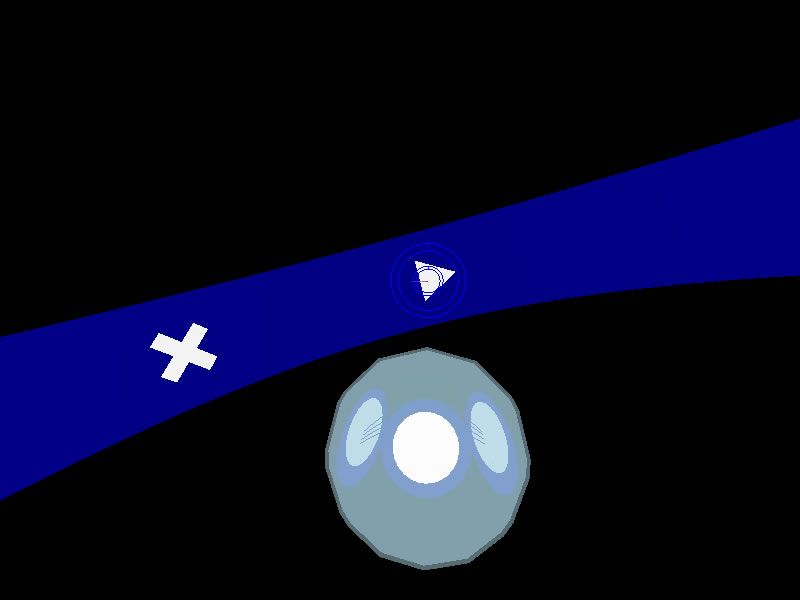
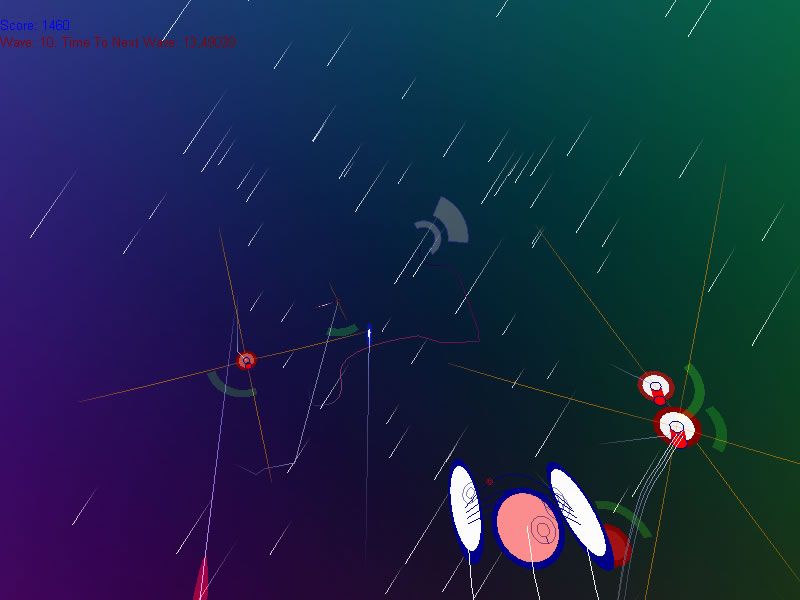
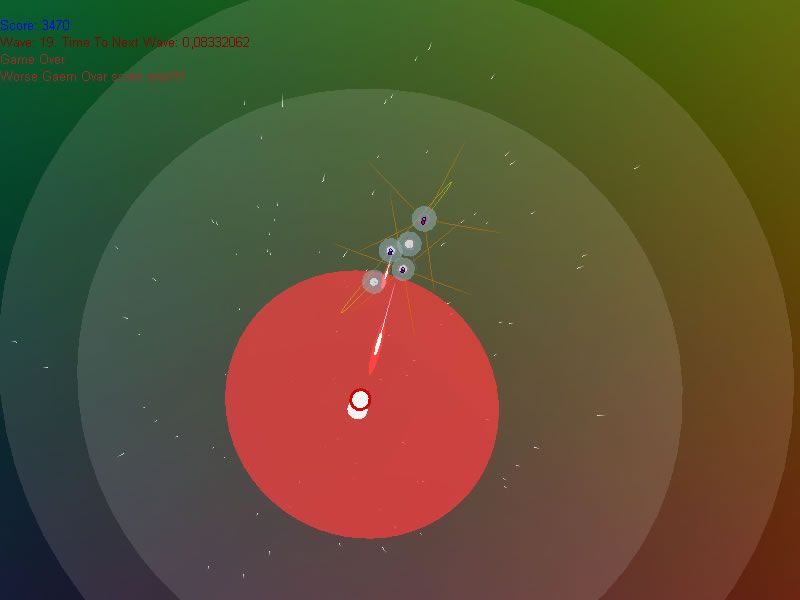
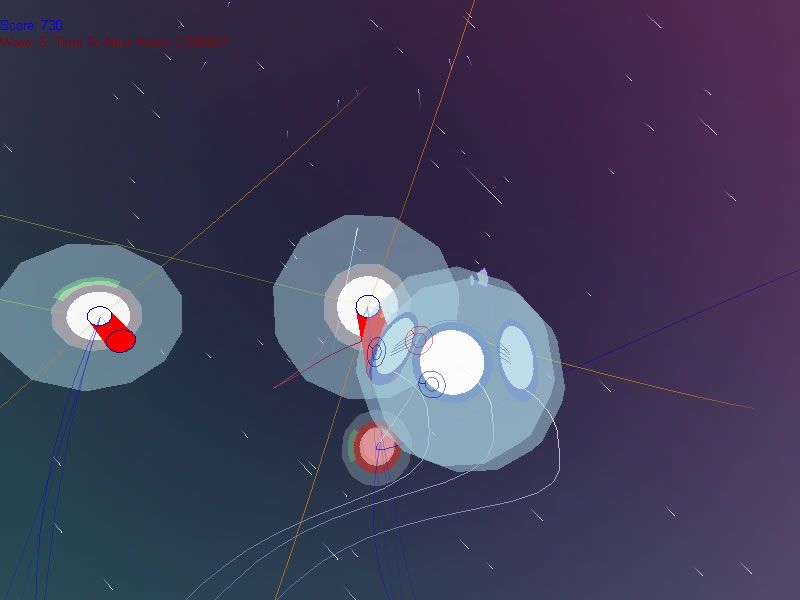
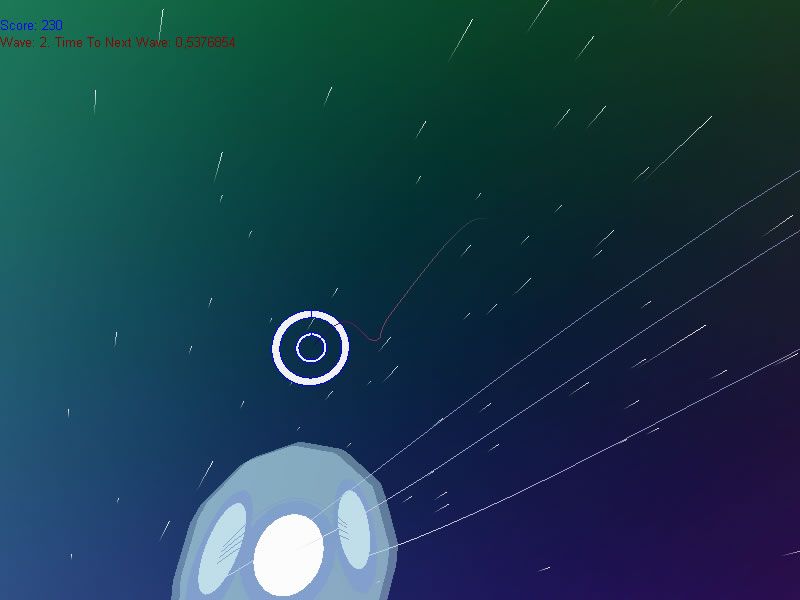
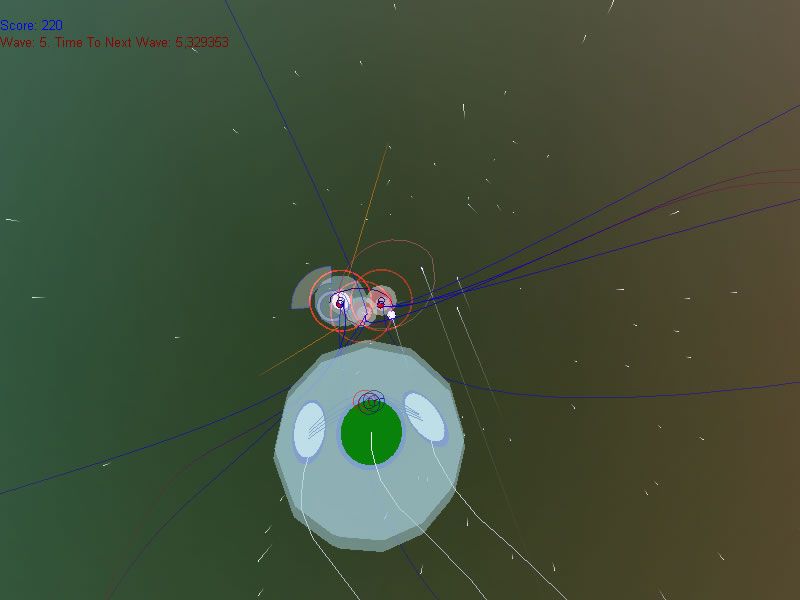



Reviews
There are no reviews yet.